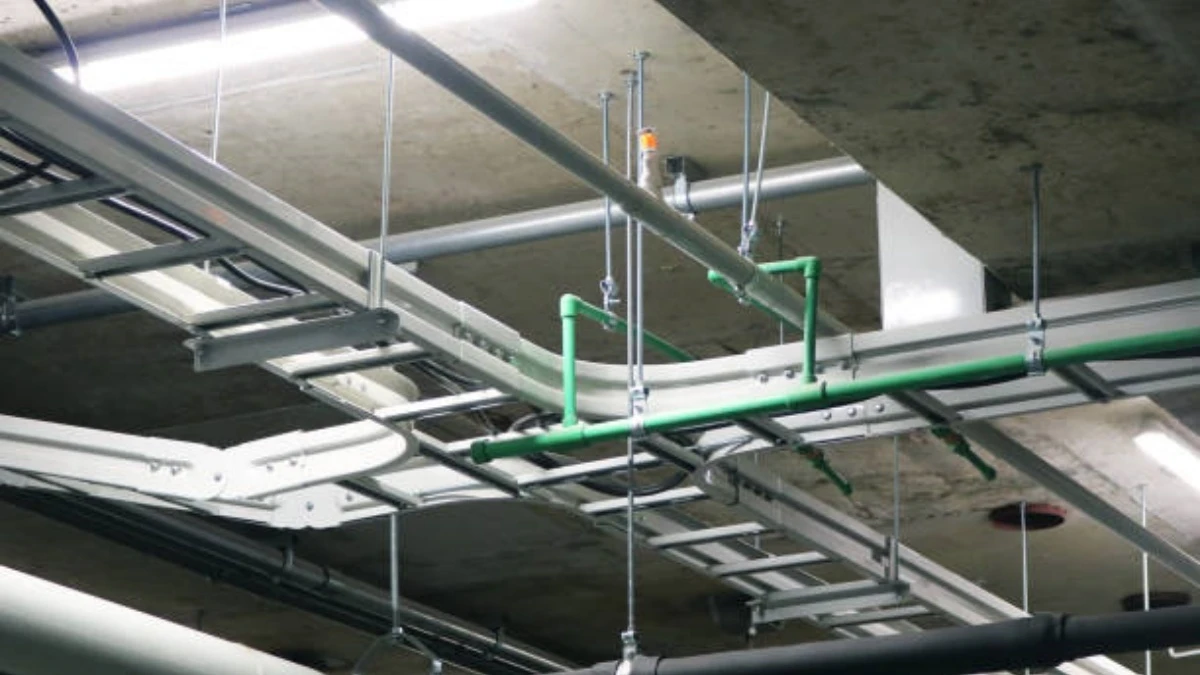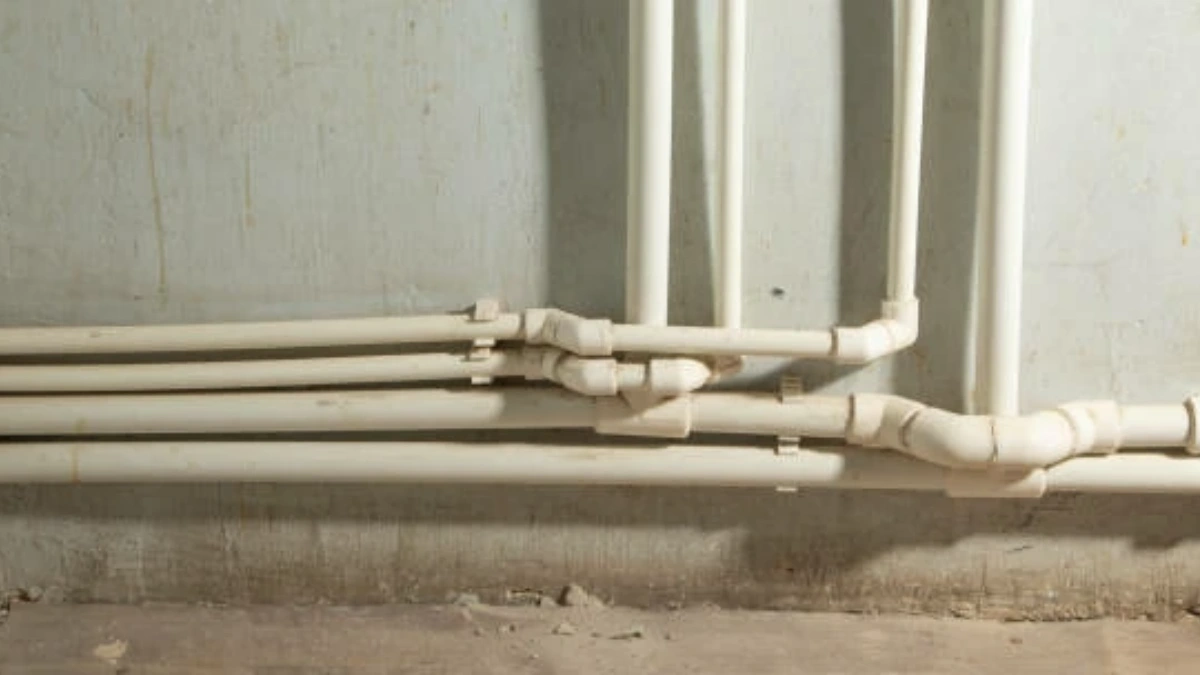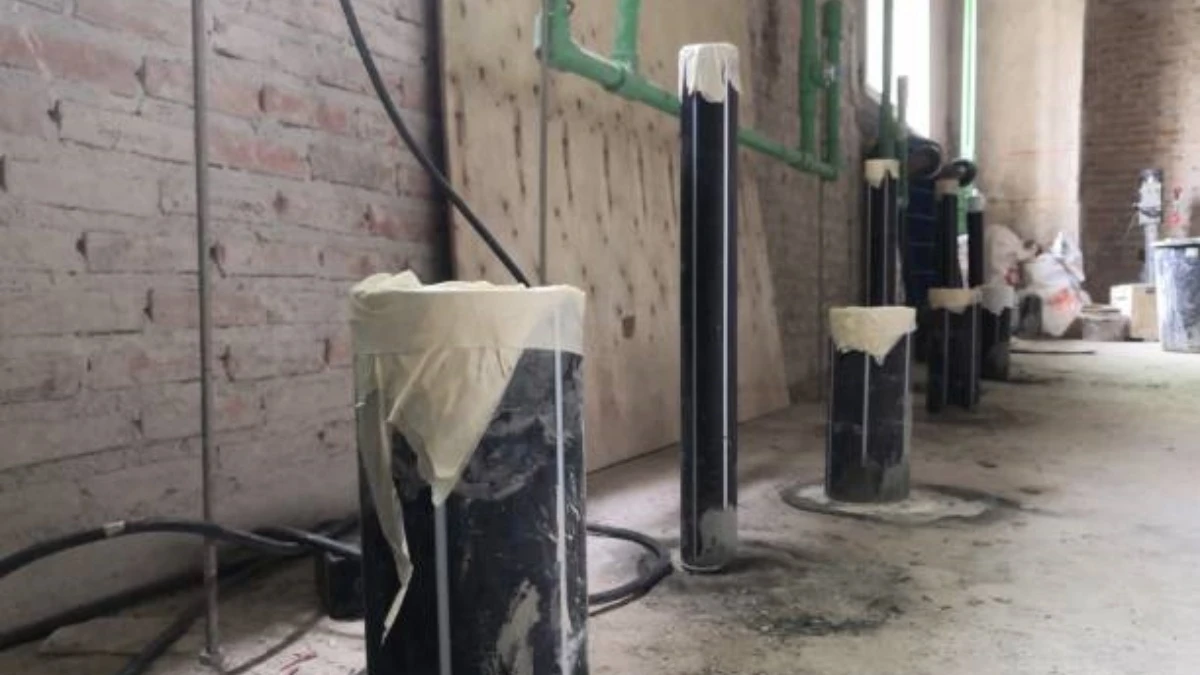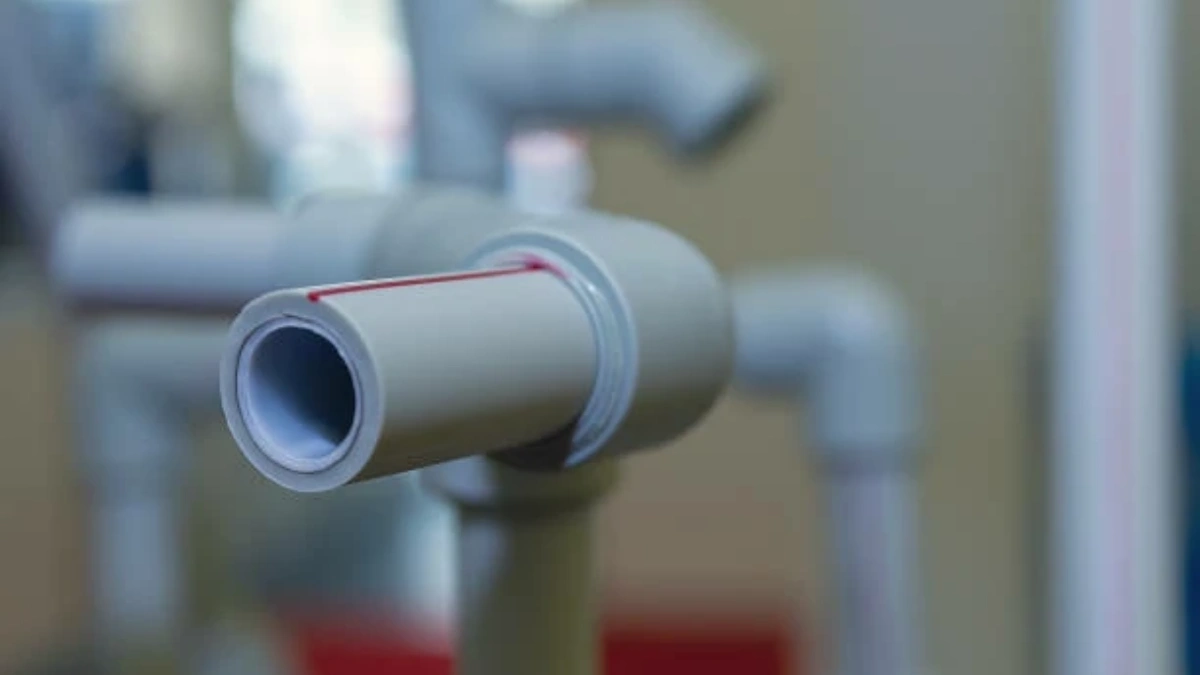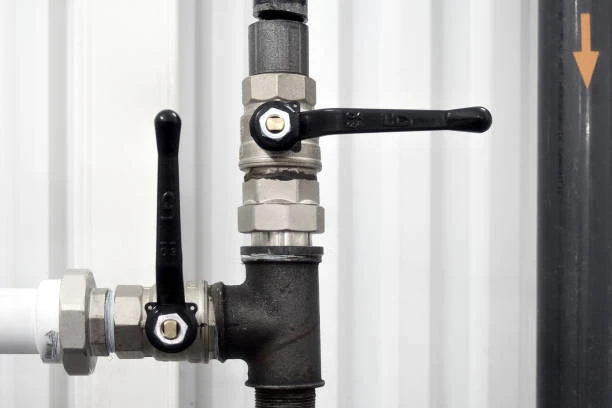In a strategic move to enhance its pipeline protection services, the New Haven-based Regional Water Authority (RWA) has acquired Homeowner Safety Valve, a company specializing in safety valve technology. This acquisition marks a significant step toward strengthening the region’s water infrastructure and improving the safety of residential water pipelines. The integration of Homeowner Safety Valve’s advanced products will enable RWA to offer more comprehensive protection against pipeline failures, helping residents avoid costly repairs and water disruptions.
This article explores the acquisition, the role of safety valves in pipeline protection, and what this development means for both RWA and the broader community.
What Are Safety Valves and Why Are They Important?
A safety valve is a crucial device used to protect pipelines and plumbing systems from overpressure, which can lead to dangerous ruptures, leaks, or even explosions. In the context of water systems, safety valves help maintain the integrity of pipelines by regulating internal pressure, ensuring that it does not exceed safe levels.
Types of Safety Valves in Water Systems
- Pressure Relief Valves (PRVs): These valves automatically open to release excess pressure when it exceeds a preset limit, preventing damage to pipes.
- Check Valves: Designed to prevent backflow, these valves ensure water flows in one direction, protecting the system from contamination.
- Automatic Shutoff Valves: These valves can detect abnormal conditions, such as water pressure drops or surges, and automatically shut off the water supply to prevent damage.
For homeowners, safety valves are essential for maintaining the integrity of plumbing systems and preventing potentially costly water-related damages.
The Acquisition: RWA and Homeowner Safety Valve
RWA’s decision to acquire Homeowner Safety Valve is part of the organization’s long-term strategy to bolster its pipeline protection services. This acquisition allows RWA to leverage the expertise and innovative technologies developed by Homeowner Safety Valve, making them a key player in the region’s pipeline protection efforts.
Why Homeowner Safety Valve?
Homeowner Safety Valve has built a solid reputation for its advanced pipeline protection products, offering homeowners peace of mind with reliable and durable safety valve solutions. Their products have become synonymous with safeguarding residential water pipelines from unforeseen failures.
Benefits of the Acquisition:
- Enhanced Product Offering: The acquisition allows RWA to expand its range of safety valves and protection systems for residential and commercial water lines.
- Improved Safety: By incorporating Homeowner Safety Valve’s technology, RWA can provide more comprehensive solutions to prevent water damage and pipeline failures.
- Better Customer Service: The acquisition will streamline processes. Which improving customer support and making it easier for homeowners to access the protection services they need.
- Expanded Market Reach: The acquisition gives RWA an opportunity to broaden its customer base by offering specialized products to new areas. Which particularly for residential water line protection.
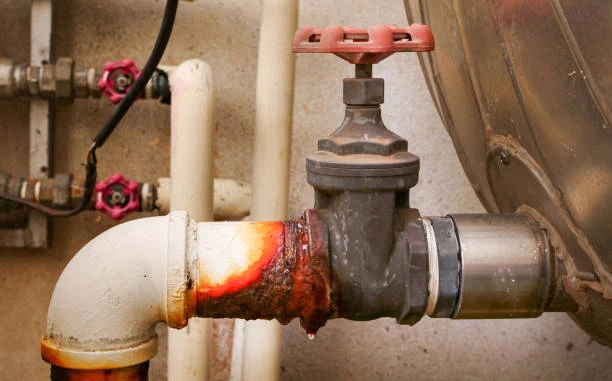
How Safety Valves Help Protect Homeowners
For homeowners, safety valves play an essential role in maintaining the health and longevity of water systems. Without them, pipes are at risk of damage from overpressure, freezing, or even contamination.
Key Benefits of Safety Valves for Homeowners:
- Preventing Costly Repairs: The cost of repairing burst pipes or water damage can be significant. Safety valves help prevent these issues by maintaining the right pressure and detecting anomalies early.
- Reducing Water Waste: Safety valves help prevent leaks, reducing unnecessary water waste and contributing to lower utility bills.
- Ensuring Safe Water Flow: By preventing backflow and regulating pressure, safety valves protect the integrity of the water supply and ensure clean, safe drinking water.
- Minimizing Emergency Situations: Safety valves that automatically shut off water in the event of an issue can help avoid emergency repairs. Which giving homeowners peace of mind.
Homeowner Safety Valve’s Products:
Homeowner Safety Valve has developed a variety of products specifically designed for residential applications, such as:
- Whole-House Pressure Regulators
- Backflow Preventers
- Emergency Shutoff Valves
These products ensure that homeowners can maintain safe, reliable water systems without worrying about expensive repairs or water contamination.
The Impact on RWA and the Community
The acquisition by RWA has immediate and long-term benefits for both the company and the surrounding community. As one of the key water utility providers in the region, RWA’s focus on improving water protection services helps ensure that residents continue to have access to clean, safe water while minimizing the risks of water damage.
Strengthening RWA’s Infrastructure:
The addition of Homeowner Safety Valve’s products enhances RWA’s existing infrastructure. Which enabling the organization to offer more comprehensive services to homeowners. RWA can now deliver a broader range of pipeline protection products and services, improving water system reliability and customer satisfaction.
Community Benefits:
- Improved Home Protection: With access to advanced safety valve products, homeowners can better protect their properties from water-related damages.
- Educational Resources: The acquisition allows RWA to provide more resources and guidance to homeowners about the importance of pipeline protection and safety valve installation.
- Environmental Impact: By reducing water waste and leaks, RWA’s expanded services support environmental sustainability efforts in the region.
Future Directions for RWA
With the acquisition of Homeowner Safety Valve, RWA is positioned for continued growth in the water services sector. Moving forward, RWA plans to further integrate advanced technologies into its offerings. Such as smart safety valves that provide real-time data on pressure and flow.
Potential Future Developments:
- Smart Valve Integration: RWA may look to integrate smart valve technology that allows for remote monitoring and automated system adjustments.
- Expansion of Residential Services: The acquisition opens up new opportunities for RWA to provide specialized services to homeowners. Which helping them prevent water-related issues before they arise.
- Collaboration with Local Builders and Contractors: RWA plans to partner with local contractors to promote the importance of safety valves in new housing developments. Which ensuring that new homes are built with protection in mind.
Conclusion
The acquisition of Homeowner Safety Valve by the Regional Water Authority is a significant move that will benefit both the organization and the community it serves. By incorporating cutting-edge safety valve products, RWA strengthens its water infrastructure, enhances its service offerings, and provides better protection for homeowners.
This strategic acquisition not only improves the safety and reliability of residential water systems but also supports the broader goal of environmental sustainability and responsible water management.
FAQs About Safety Valves in Water Systems
1. What is a safety valve in a water system?
A safety valve regulates pressure within a water system, releasing excess pressure to prevent pipeline damage, leaks, or ruptures.
2. How do safety valves protect homeowners?
Safety valves protect homeowners by preventing water system failures. Which reducing the risk of burst pipes, and ensuring a steady and safe water flow.
3. Are safety valves required for residential water lines?
While not always mandatory, safety valves are highly recommended for protecting water lines from pressure surges and minimizing water-related damage.
4. How do pressure relief valves work?
Pressure relief valves open automatically when pressure exceeds a preset threshold. Which releasing excess pressure to prevent damage to pipes and fixtures.
5. Can safety valves help reduce water wastage?
Yes, by preventing leaks and regulating water pressure, safety valves help reduce water waste and improve overall system efficiency.








